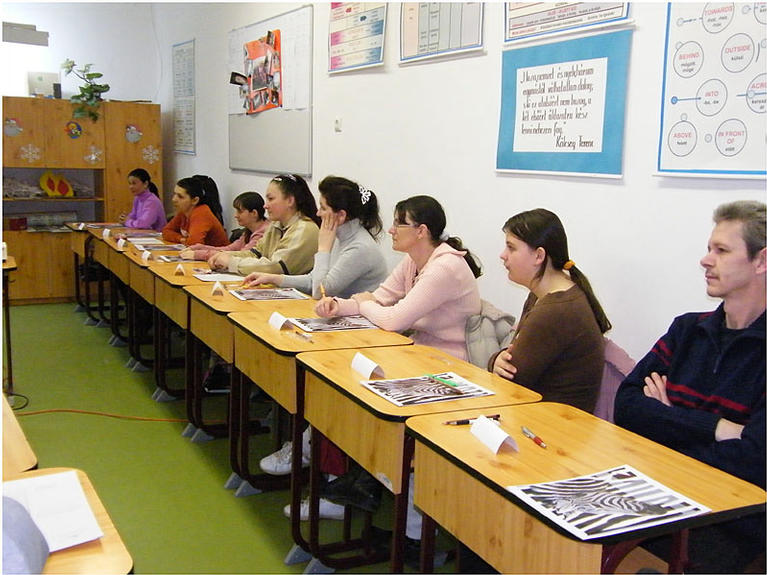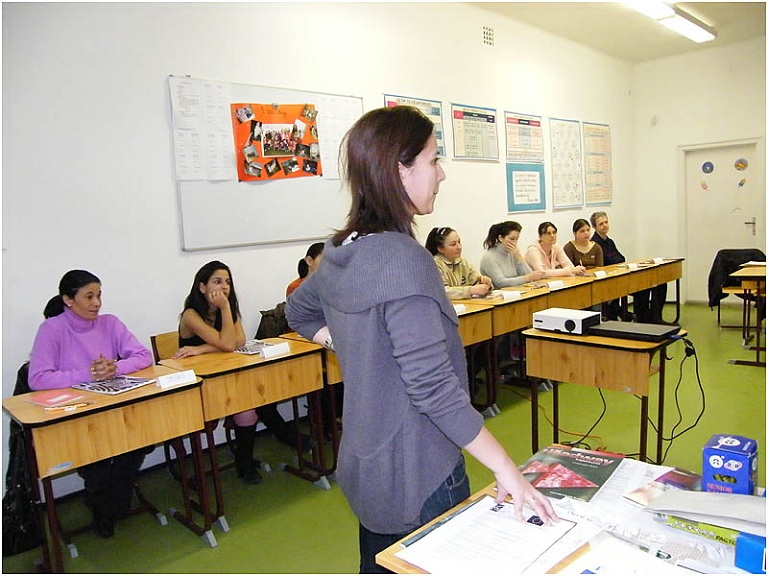Banca dati dei progetti dei PSR
Social inclusion support for disadvantaged groups in rural Hungary
Summary
Improving socio-economic development prospects for children within disadvantaged groups like Roma communities via capacity building and social inclusion support to parents and families.
Background
Some sections of rural society remain disadvantaged by obstacles to integration and participation in development processes. Key numbers of Roma communities for example continue to experience problems regarding employment, education, health and welfare. EAFRD can be used to help tackle such social inclusion challenges through the funding available in RDPs for improvements in quality of life for EU rural citizens.
Objective
The project aimed to improve the capacity of parents in disadvantaged situations to help their children have a better future. This would be achieved through a Leader-funded training programme for parents who wanted to be more aware of, and confident in, various 'life skills' that can be useful for helping their children receive a better education, increased employment prospects, and improved quality of life.
Main activities
Training activities focused on strengthening parental competencies in socio-cultural, educational and communication skills which help the parents to advise and assist the social integration of their children. Participants developed their communication and collaboration skills, increased their learning abilities, as well as problem solving and conflict management skills. The training was provided for different members of rural communities including Roma groups.
Results & Benefits
Outcomes helped the parents’ ability to act as good personal examples, by providing role models and 'life guides' for their children. Participants in the training courses were able to expand their material thinking, measure the pros and cons or risks associated with their decisions, increase their literacy, and improve understanding about the benefits from continuous self education (for themselves and their families).
Lessons learnt
Success factors for such social integration projects include ensuring the target audience is involved in developing the training course content and its delivery system. This ensures the project's relevance and boosts a sense of ownership of the training by the beneficiaries which in turn helps engender greater commitment to the process and more positive overall results. Follow-up support work can improve such a project's sustainability and reach.
Project location and other information
Méra Village. Postcode: 3871, Hungary
Region
Borsod-Abauj-Zemplen
RDP Territory
Hungary
Total project cost (€)
14 700
EAFRD contribution (€)
11 300
National contribution (€)
3 400
Contact name
Mrs Edit Glonczi Béláné
Telephone
+36 20 491 7480
Languages for contact
Hungarian
At a glance
Country
Hungary
Final beneficiary type
Non-farm or non-forest entreprises, Other
Budget range
< €20 000
Start date:
01/04/2010
End Date:
31/07/2010
Theme / Measure:
• Implementing the LEADER Approach
• Implementing local development strategies
• 413. Quality of life/diversification
Keywords:
Rural society, Social exclusion, Social inclusion, Disadvantaged people, Training
Last update
07/11/2012





